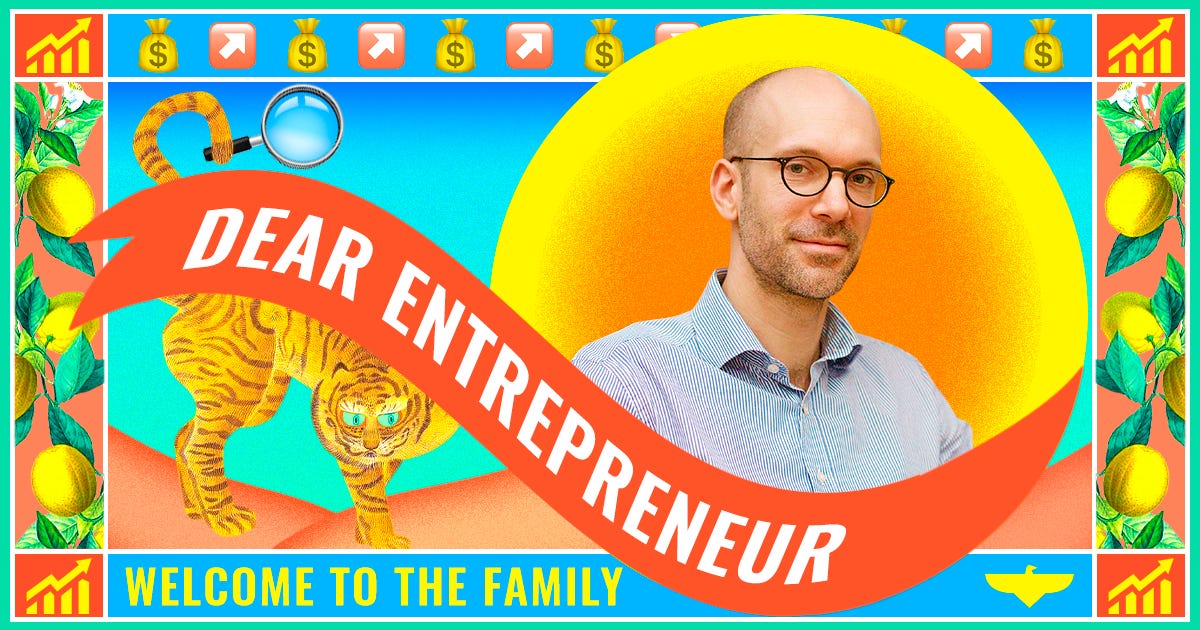Three lessons to keep in mind about your (future) IPO.
All European founders read about a sobering story last week: Deliveroo, one of the most well-known European unicorns, went public at its lower-price range and was shunned by prominent institutional investors (allegedly because of the way it treats the workers in charge of the deliveries).
I wanted to highlight three lessons from this humbling episode—ones that you, an early-stage founder, would do well to keep in a little corner of your head in case your company succeeds over the long term.
First, the fact that tech IPOs have come back in favor after a long winter doesn’t mean that every tech IPO is bound to be successful. In Deliveroo’s case, the pandemic context might have played a role. With everyone being (slowly) vaccinated, investors are expecting some kind of a return to normalcy, which means less meals will be delivered at home and more food will be bought from restaurants and stores in business districts. Also, the economy coming roaring back could trigger an increase in interest rates, one corollary of which might be a slowing down of public equity markets.
Lesson #1: The success of your future exit depends as much on macroeconomic context and unexpected events such as the pandemic as on the fundamentals of your business.
Second, it matters where your company goes public. As UK-based Cazoo’s founder Alex Chesterman recently commented, “London investors don’t understand tech like Americans.” Some people think there’s no reason for non-US companies to flip to the US when they seek to go public, but here are the hard facts: the success of an IPO depends on having investors able to understand your business and willing to agree on the right price for your company; it also depends on having investment bankers and analysts able to act as intermediaries and educators for those investors.
Lesson #2: Not all stock exchanges are created equal. The best investors (and analysts) are still in the US, and non-US founders should keep that in mind if they’re thinking big.
Third, it’s not only about investors—it’s also about the institutional and regulatory context. In the case of Deliveroo, skeptical institutional investors (namely, a subsidiary of the British insurer Aviva) decided to pull away due to the lack of regulations designed to align the interests of tech companies such as Deliveroo and individuals working on the platforms of the gig economy. This inspired the following idea in Leo Ringer of Form Ventures: “Startups need clarity, not the new uncertainty we now have” due to our collective failure to provide the gig economy with an upgraded social contract.
Lesson #3: The institutional and regulatory context in which your company goes public matters a great deal. Make sure to engage and contribute to upgrading it as early as possible, and surround yourself with investors willing to help you with the heavy lifting.
Obviously you have more pressing matters right now than working on your future (hypothetical) IPO. However it’s never too early to be aware of the challenges and pitfalls that you’ll encounter along the way.
The Family has a long experience helping founders plan ahead in the context of widespread uncertainty. If you’re interested in working with us, apply to our next batch, starting in September!




